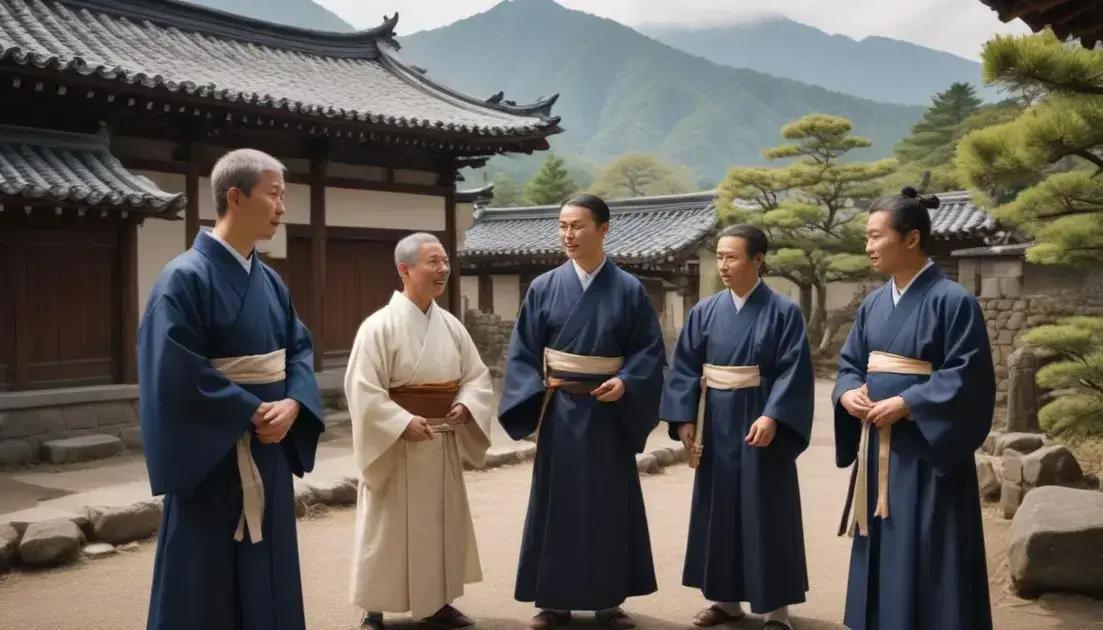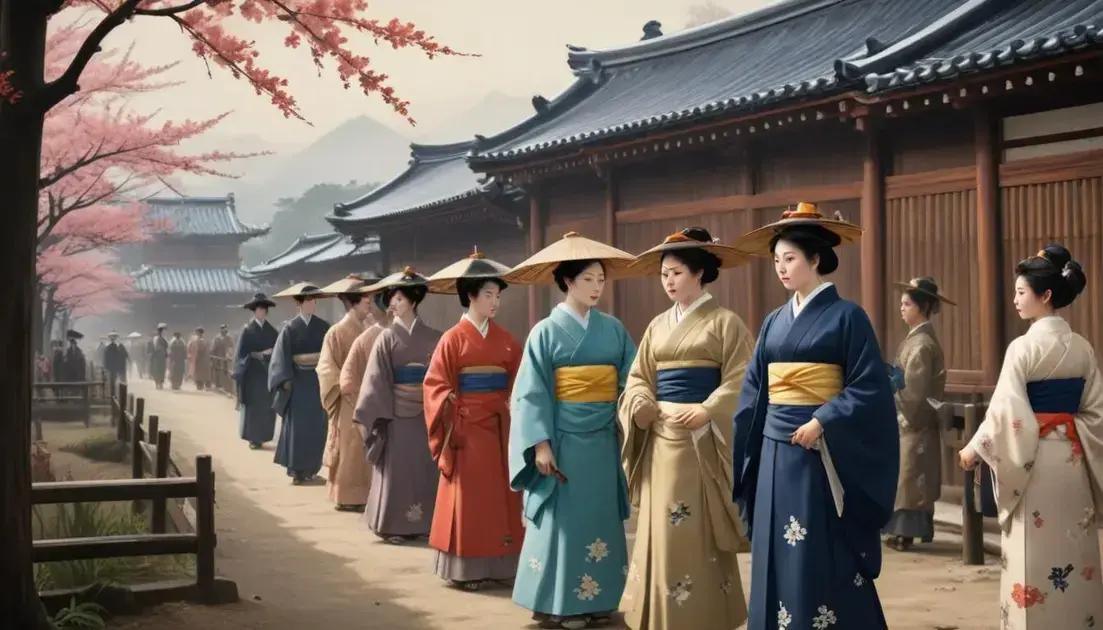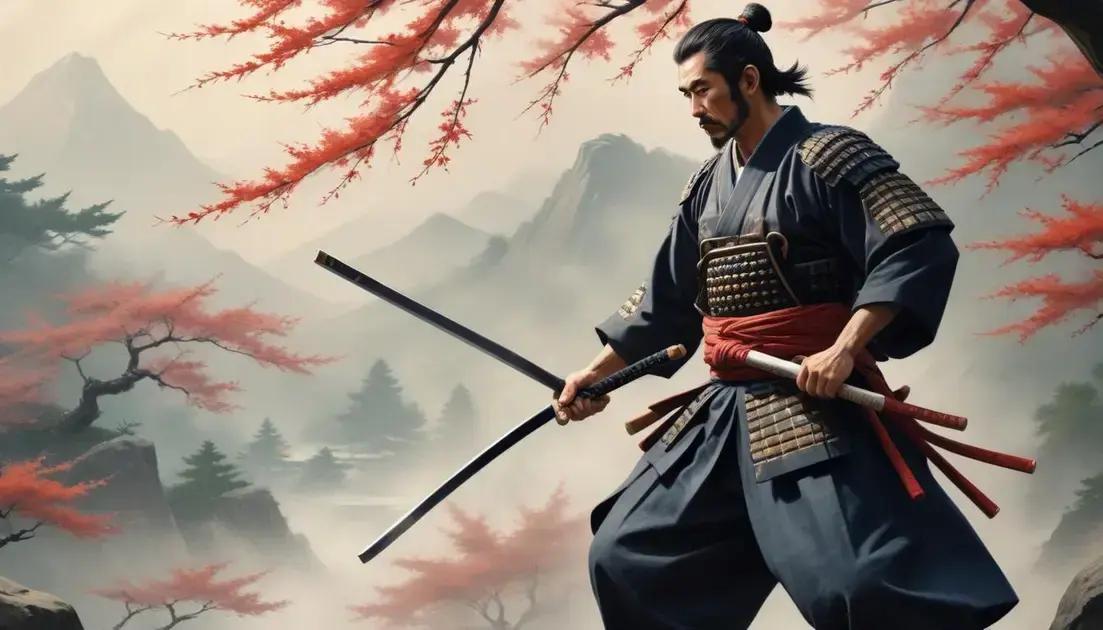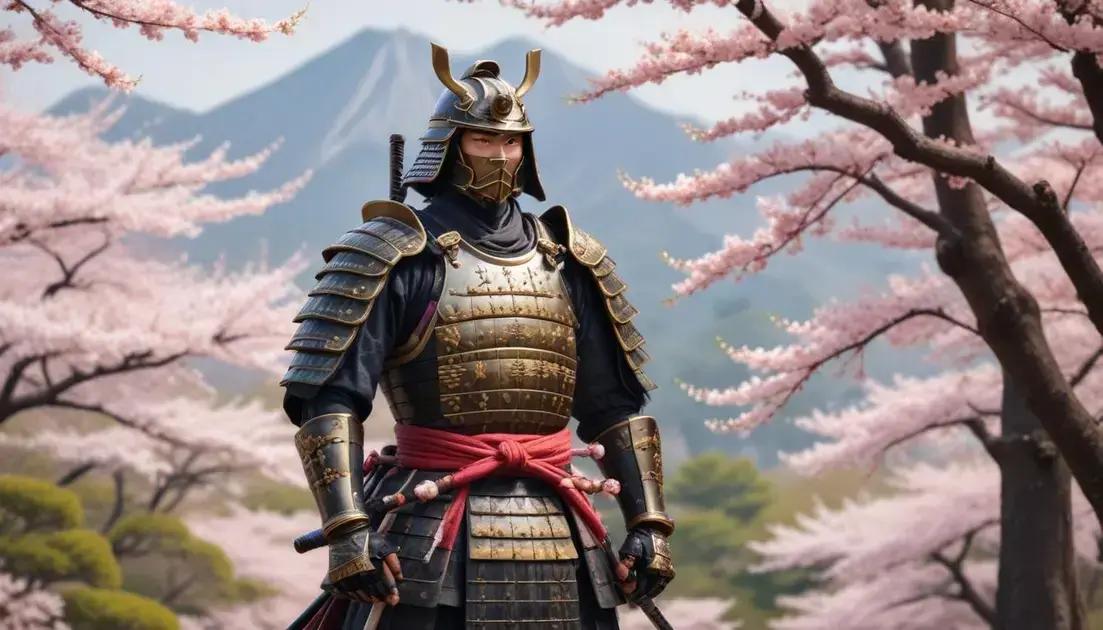
Jesuits in Japan and China: Faith and Diplomacy
Jesuit missionaries significantly impacted Asian societies by blending religion and science. They promoted cultural exchanges, strengthened diplomatic ties, and influenced local politics and education. Their innovative strategies included learning local languages and customs, which helped build trust and foster understanding. The Jesuits’ contributions created lasting connections between Eastern and Western cultures, enriching both sides and leaving a valuable legacy that can still be observed today.
Jesuits played a crucial role in shaping the religious and political landscape in Asia during their missions.
The Role of Jesuit Missionaries
The role of Jesuit missionaries in Asia was both complex and influential. These missionaries arrived with a mix of religious zeal and scientific knowledge. They aimed to spread Christianity while also learning from the cultures they encountered.
Spiritual Goals
The Jesuits believed in sharing their faith. They wanted to convert people to Christianity. To do this, they adapted their methods. They learned local languages and customs. This helped them connect with local communities.
Scientific Contributions
Beyond religion, Jesuits brought knowledge of science and education. They introduced new ideas in astronomy, mathematics, and medicine. This sparked curiosity and learning in the regions where they settled.
Building Relationships
Jesuit missionaries often formed strong ties with local leaders. They provided advice on trade and governance. Their insights were valued, leading to a unique blend of faith and diplomacy.
Cultural Exchange
Through their missions, Jesuits exchanged cultural practices. They shared European art, literature, and philosophies. In return, they learned about Asian traditions and beliefs. This mutual exchange enriched both sides.
Ultimately, the influence of Jesuit missionaries reached far beyond religion. Their efforts shaped societies and created lasting impacts on culture and education. Their legacy continues to be felt in many parts of Asia today.
Religious and Scientific Strategies
The Jesuit missionaries used a mix of religious and scientific strategies to spread their influence in Asia. They understood that to be effective, they needed to connect with the local people.
Religious Approach
When it came to their faith, Jesuits focused on personal relationships. They built trust with local communities. This helped them share their beliefs more openly. They also adapted their teachings to resonate with local cultures.
Scientific Knowledge
At the same time, Jesuits were also scholars. They brought knowledge in fields like astronomy and medicine. Their scientific insights often impressed local leaders. It showed that they were more than just religious figures.
Education and Learning
Jesuits established schools to educate children. This created opportunities for learning in various subjects. Their curricula included both faith and science, helping students to think critically.
Building Alliances
They formed alliances with local rulers. By providing advice on scientific and political matters, they gained respect and influence. These alliances helped them spread their message further.
In this way, the Jesuits combined their religious goals with scientific understanding. This unique blend allowed them to make a lasting impact on the regions they served.
Impact on Asian Dynasties
The Jesuit missionaries had a significant impact on Asian dynasties during their time there. They influenced politics, culture, and trade to create lasting changes.
Political Influence
Jesuits often advised local rulers. Their understanding of science and navigation impressed many leaders. This led to stronger ties and mutual respect between cultures.
Cultural Exchange
Through their interactions, they introduced Western art and philosophy. Local artists and intellectuals found new inspiration in Jesuit teachings. This blend of ideas enriched both cultures.
Trade Relationships
Jesuits helped establish important trade routes. They acted as intermediaries between Europe and Asia. This increased trade and brought new goods to local markets.
Legacy in Education
The educational institutions set up by Jesuits led to a more informed society. Students learned not just about religion but also sciences and arts. This shaped future generations.
Overall, the Jesuits left a profound mark on the dynasties they served. Their contributions helped blur the lines between East and West, paving the way for future collaborations.
Cultural Exchanges and Diplomacy
Cultural exchanges and diplomacy played a huge role in the work of Jesuit missionaries. They didn’t just bring religion; they also shared ideas and customs. This led to important connections between different cultures.
Communication and Understanding
Jesuits often learned local languages. This helped them communicate better with the people they met. Understanding different cultures allowed for more meaningful connections.
Art and Literature
Jesuits introduced European art and literature to Asia. Local artists were inspired by these new styles. In return, they shared their own art forms, creating a rich cultural exchange.
Shared Knowledge
Through discussions and events, Jesuits exchanged knowledge with local scholars. They talked about science, philosophy, and spirituality. This sharing of ideas fostered mutual respect.
Strengthening Diplomatic Ties
Jesuits acted as intermediaries between European powers and Asian leaders. They helped negotiate agreements and trade deals, fostering diplomacy.
Overall, cultural exchanges led to a deeper understanding between the Jesuits and the societies they engaged with. This helped bridge gaps and build lasting relationships.
Conclusion
In conclusion, the work of Jesuit missionaries significantly shaped the cultures and societies they encountered in Asia. Their unique blend of religion and science opened doors to important cultural exchanges and diplomatic relations. By learning local customs and languages, they built trust and understanding.
The impact of their teachings can still be seen today in various aspects of society, from education to art. Their efforts brought about a new era of cooperation between different cultures, enriching both sides. The legacy they left reminds us of the power of connection and mutual respect in fostering peace and understanding.


